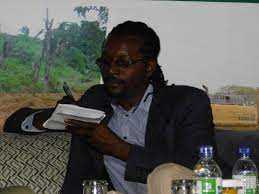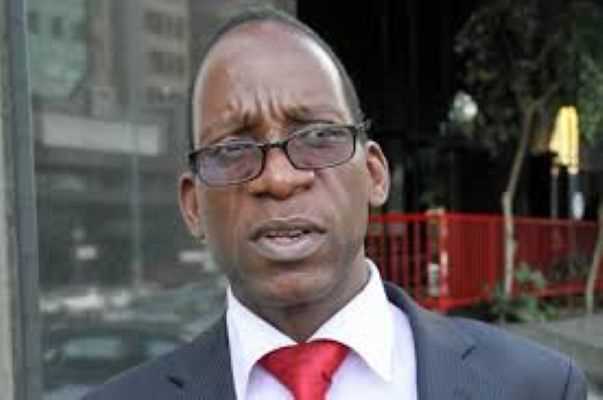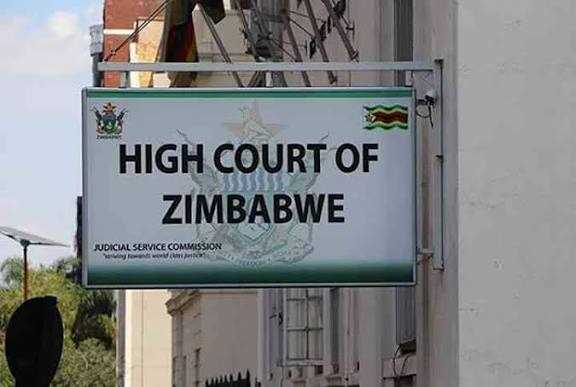
Oscar J Jeke
Education financing in Africa has been affected by tax abuse, avoidance and regressive taxation policies that cause an annual loss of over US$29 billion in revenue which has affected women and girls the most.
This comes as the African Union’s strategic agenda for this educational year has been to seal loopholes used for tax abuse by ensuring fair, gender-responsive taxation which can raise an additional US$146 billion in Africa every year to which an allocation of 20% (US$29.2 billion) of these additional funds to the education sector would be sufficient to cover costs for 25 million primary school children.
ActionAid together with partner organisations such as the Tax and Education Alliance have reported that over 18 million girls in a total of 25 million primary school children have been affected by inadequate education funding due to aggressive avoidance of tax, regressive taxation policies, debt, and austerity on education funding in Africa.
In the report, ActionAid Zimbabwe director, Joy Mabenge said that governments should consider closing the gaps in taxation, debt and austerity as appropriate measures to curb the challenge of inadequate funding in the education sector.
“It is appalling that there are over 18 million girls missing school in Africa due to inadequate investment in the education sector when appropriate action by our governments to address gaps in taxation, debt, and austerity offers an opportunity to address this challenge,” Mabenge said.
The report also shows that in the African Union, 28 out of the 52 countries studied, are spending over 12% of their national budgets on debt repayment with 15 of these countries already spending more on debt servicing than education.
Related Stories
The resultant of such policies have affected schoolgoing children and the education sector, to which under the burden of the debt crisis, the International Monetary Fund has advised 96% of these countries to cut or freeze spending on public sector workers, with the outcome of this likely to limit the countries’ budget allocations for education.
Wading into the discoveries, Coordinator of the Tax and Education Alliance Ashina Mtsumi said that the detriments of these challenges are most felt by women and girls in accessing quality education thus affecting individual development.
“Women and girls bear the brunt of austerity and debt in Africa. Evidence suggests that austerity measures often have a disproportionately negative impact on girls' access to education, hindering their individual development and limiting their future opportunities,” Mtsumi said.
Regional Coordinator Africa Network Campaign on Education for All Solange Akpo also said that, “Decisive action is required on tax, debt, and austerity to transform education financing across Africa and to get the ball rolling towards inclusive and gender transformative education”.
Aya Douabou, Programme Officer for Africa at the Global Initiative for Economic, Social and Cultural Rights said: “This briefing paper is highly timely and relevant as it offers solutions to African States in helping them fulfil their human rights obligation to sustainably finance public education for all.”
The report together with the Strategic Agenda by the AU on the year of education urges African countries to strengthen sustainable, gender-responsive domestic financing for education by leveraging fair and progressive taxation, ending austerity and insistence on urgent debt relief.




















Leave Comments